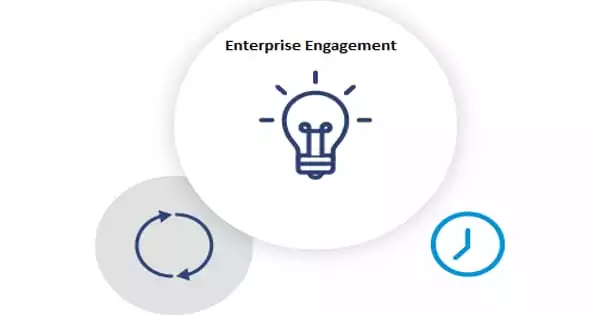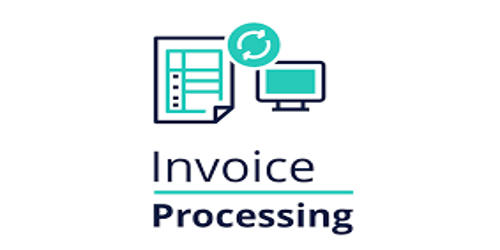Enterprise engagement is a marketing and management sub-discipline that focuses on achieving long-term financial results by strategically encouraging the proactive involvement and alignment of customers, distribution partners, salespeople, and all human capital both inside and outside of an organization. The rise of Enterprise Engagement is indicated by the emergence of new titles that include the notion of engagement, such as those in charge of customer engagement or experience, as well as employee engagement. Because the notion is still so new, organizations are unsure of the skill sets required and are placing employees from a variety of backgrounds in such positions.
Enterprise engagement differs from traditional sub-disciplines such as financial management, marketing, sales, operations, and human resources in that it seeks long-term success by integrating these various traditional business disciplines to consistently focus the organization on identifying and meeting target audience needs.
Enterprise Engagement represents a movement in emphasis away from mass marketing and toward one-on-one relationship building. The expanding ability of firms to monitor the impact of engagement through customer relationship management (CRM) and social networking is driving the transition, as is upper management’s growing realization that engagement can provide a competitive advantage.
Enterprise Engagement is connected to brand engagement, a word coined in the United Kingdom in the 2000s to define an integrated external and internal marketing approach to attaining long-term success for a brand. Enterprise Engagement applies similar principles to the attainment of an organization’s overall financial goals.
Organizations based on enterprise engagement collaborate across departments and divisions to find the best way to achieve long-term financial results by maximizing all human capital, from customers and distributors, agents or other value-added resellers, to salespeople, employees, and even vendors and shareholders.
Rather than simply finding ways to improve processes, this approach unites the organization around a brand and mission that constantly seeks to find better ways to help the end-user customer, improve relationships with channel partners, suppliers, and employees, and ultimately create new opportunities for the business. Rather of segregating customer and distribution partner engagement from sales or staff engagement, it examines human capital as a whole.
It’s easy to mix up leadership and engagement. Of course, engagement requires leadership. It describes the human abilities required of managers at all levels, such as the capacity to foster a culture of clear direction, support, learning opportunities, excitement, a sense of mission, constructive feedback, the ability to recruit, and so on. However, leadership is merely the beginning of Enterprise Engagement.
Enterprise Engagement necessitates a grasp of not only customers, but also the relationship between all organizational audiences, both external and internal. Engagement necessitates an awareness of the brand’s new definition, as well as the methods and tools required for learning, collaboration, rewards, and recognition, all of which are unfamiliar to traditional advertising specialists. Enterprise Engagement necessitates the capacity to connect plans across organizational and tactical silos so that all functions and constituencies are in sync with the people and goals of the organization.
















